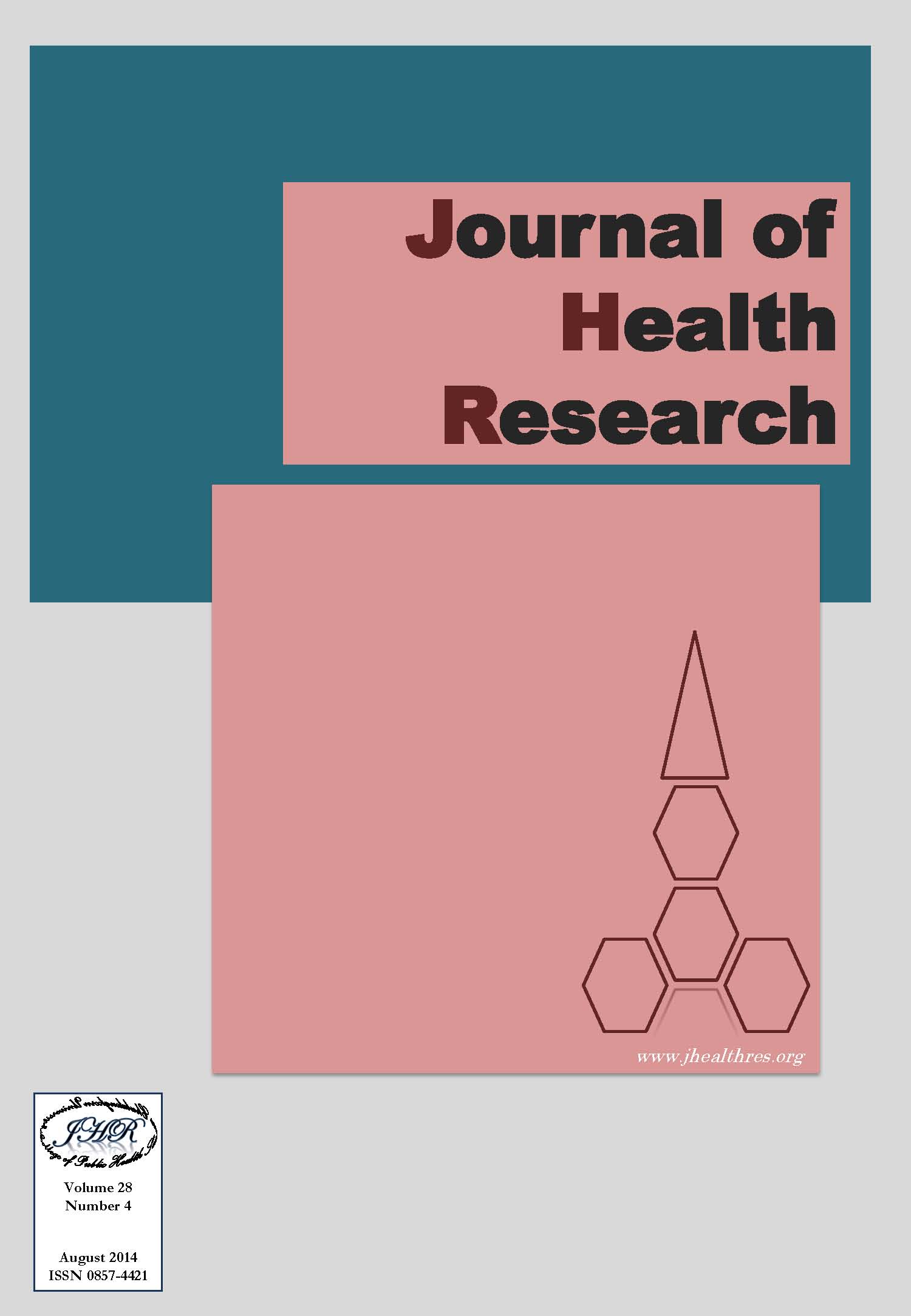Reproductive and Sexual Health Problems: Reported by Bangkok’s Telephone Hotline
Keywords:
Telephone counselling, Sexual problem, Sexual health, Reproductive health hotlineAbstract
This descriptive study uses data collected by the Hotline Counselling Centre, College of Public Health Sciences, Chulalongkorn University, Bangkok, Thailand. The Centre has been operating since 1996 to counsel persons who have sexual problems. The service is free of charge. The objective of this paper is to examine reproductive and sexual health problems reported by the telephone hotline’s counselling service in 2008. Data was collected and analyzed from the paper record form of the institute. Results include 1,284 cases from this resource service, especially, from those who preferred not like to talk about their sexual problems face to face. This service protects clients’ privacy and confidentiality. The analysis finds that the majority of people (sixty percent) who consult the service were males between the ages of 13-72 years with an average of 28 ± 8.8. The majority of problems reported by males were related to sexual intercourse/sexual relationship (31%), and or sexual behavioral/ attitude which is against social norms (17%). Most females reported problems related to pregnancy (26%), family and relationship (17%), contraceptives (15%) and sexual intercourse/sexual relationship (9%). Sexual intercourse problems included sexual dysfunction, such as erectile dysfunction, premature ejaculation, unbalance of sexual desire, sexual response/ arousal/ stimulation problems, as well as orgasm. The results did not differ significantly from the last decade as the lack of knowledge, beliefs and behaviors are not sensible/useful for their situation or social norms. The only significant difference is in the source of information of the telephone numbers for the service. Through the past 10 years most people have learned about the service through a mass media campaign that included newspapers, magazines, TV and radio. But, nowadays most people have learned about the service from the internet and other hotline services. The findings draw the policy makers’ attention to improving these types of counselling services in order to reduce the sexual health vulnerability among Thai especially youth and adolescents.







